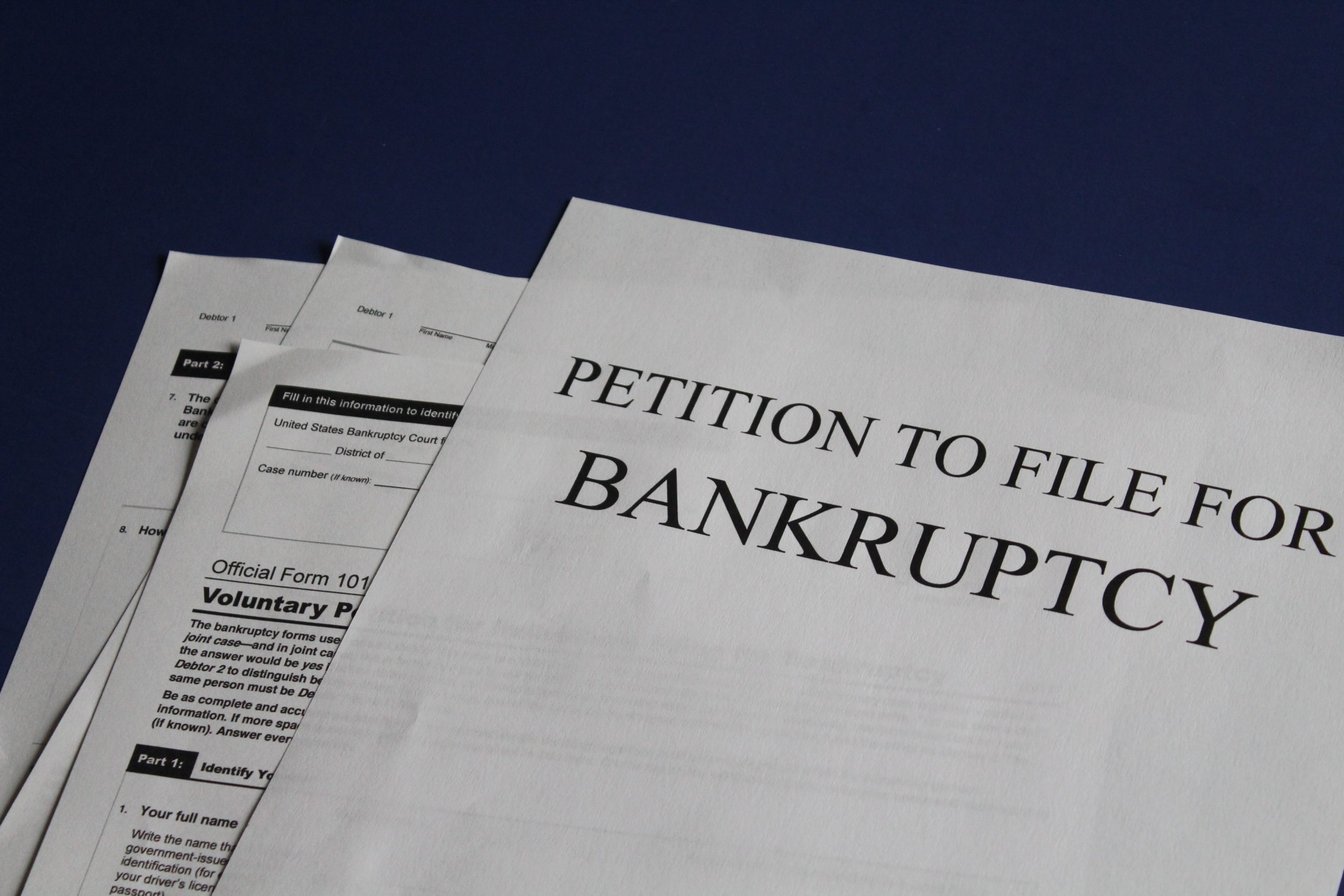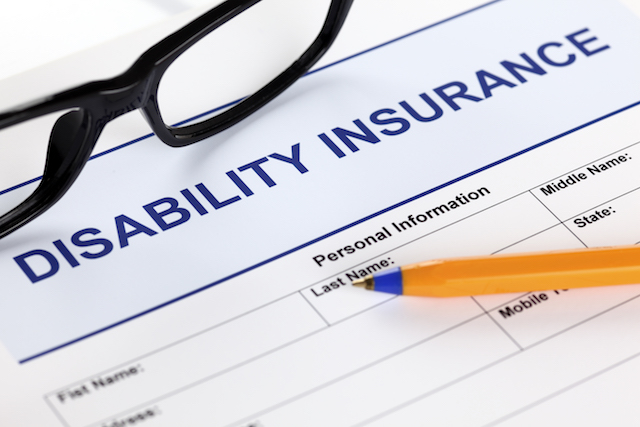Do Most People Get Denied SSDI the First Time?
Social Security Disability Insurance, or SSDI, is a Federal Program that helps many Americans who cannot support themselves through work because they are disabled. However, the program can be extremely competitive, and many potential SSDI applicants may be hesitant to work toward getting benefits because they have heard that it is so hard to get an application approved.
It is not at all uncommon for people to get denied on their first SSDI application. In fact, most people are denied on their initial application to the program. SSDI is a very competitive program, and evaluators have many applications to sift through. However, even if you are denied the first time around, you should not give up on getting disability benefits. Many applicants get their application approved when it is later reconsidered.
For help with your SSDI needs, call Young, Marr, Mallis & Associates at (215) 515-2954 for Pennsylvania or (609) 557-3081 for New Jersey and talk to our SSDI Attorneys today.
How Often Do People Get Denied in SSDI Applications?
According to the most recent complete set of statistics, 67% of SSDI applications were denied on their application. Of the individuals awarded SSDI benefits, roughly 21% got their benefits from their initial application, while between 2% and 8% got benefits after having their application reconsidered.
This demonstrates that it can be tough to get SSDI benefits. However, statistics do not tell the whole story. Many individuals are denied because there are mistakes on their application or because changes in their lives make it so they no longer need SSDI. Those applications are technically denials, but the former is easily fixed by our SSDI lawyers, and the latter removes the need to get benefits from the program.
Major Reasons SSDI Applications are Denied
When an SSDI application is denied, it is usually not for no reason at all. True, there are a handful of complete errors, as the evaluators are only human, but generally, there is something wrong with an application that needs to be fixed or explained.
Absence of Medical Evidence
A major reason that SSDI applications are denied is that there is not enough medical evidence in the application to prove that the applicant meets the disability threshold. If this is the reason your application was denied, you should work with our attorneys to have us gather the necessary medical records to have a successful application on appeal.
Prior Denied Application
If you submitted an application that was later denied, it can make it more difficult, but not impossible, to have a later application approved. This is different from having an application appealed or given a hearing, as that would involve a reexamination of an existing application, not an entirely new one.
Income Thresholds
If you have too much income, you can be ineligible for SSDI. There are thresholds for “substantial gainful activity which, once passed, prevent individuals from being eligible for SSDI. In 2024, the threshold for SDA is $1,550 earned a month for non-blind individuals and $2,590 earned a month for blind individuals. The amount for SDA is updated each year to account for inflation and other factors.
Do SSDI Applications Take a Long Time to Finish?
How long it takes to get your application through will depend on the facts and circumstances surrounding your case. The Social Security Disability website has a webpage detailing the things that can impact an SSDI application’s speed of going through the process.
First, the nature of your disability can make an application go through slower or more quickly. Applicants with some disabilities, like blindness, may have their applications approved more quickly than applicants with other disabilities. Second, medical evidence requirements can slow down an application. Often, application evaluators will need medical records and other similar evidence to make a decision about your application. So, the quicker we can get that information into your account and to SSDI evaluators, the better. Third, evaluators may require that you undergo a medical examination before having your application approved, so an application can be delayed pending a medical checkup. Fourth, your application may need to be reviewed for “quality purposes.” This accounts for any potential hangups evaluators may have about your application.
SSDI claims that it generally takes between six and eight months to fully review an initial SSDI application.
Finally, when your application is approved, there is a subsequent waiting period of five months before Social Security starts paying you benefits. You get your first SSDI payments in the sixth full month after you are disabled, so you could wait longer than five months if your disability began in the middle of the month.
Options After an SSDI Claim is Denied
If your initial SSDI claim is denied, there are still options available to you to try and get the disability benefits you need. If your initial application is denied, you can file an appeal, request a hearing, and file a lawsuit in federal court.
Appeal
The first thing to do after your SSDI application is denied is to file an appeal. You can do this right up to 60 days after you get a notice that your application was denied.
Administrative Hearing
If your application is still denied after you request an appeal, you can have a hearing in front of an administrative judge. Much like in a court case, our lawyers will advocate for your SSDI eligibility at this kind of hearing.
Federal Lawsuit
If all else fails, you can sue in federal court. This lawsuit must be filed within 60 days of receiving notice that your appeal was denied.
Call Our SSDI and Disability Lawyers Today to Discuss Your Claim
If you have concerns about your situation, contact Young, Marr, Mallis & Associates’s SSDI Attorneys at (215) 515-2954 for Pennsylvania or (609) 557-3081 for New Jersey to discuss your claim for free.






























